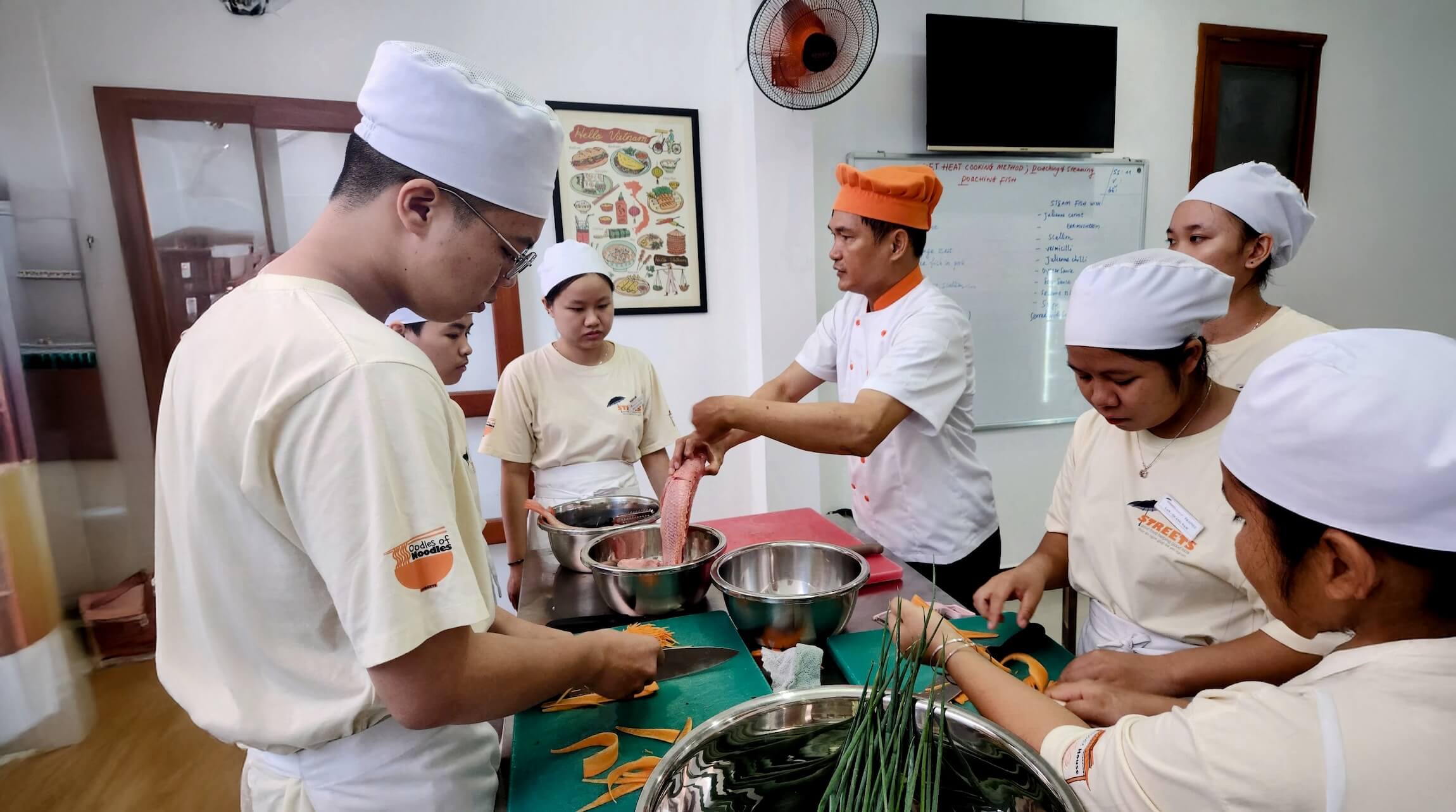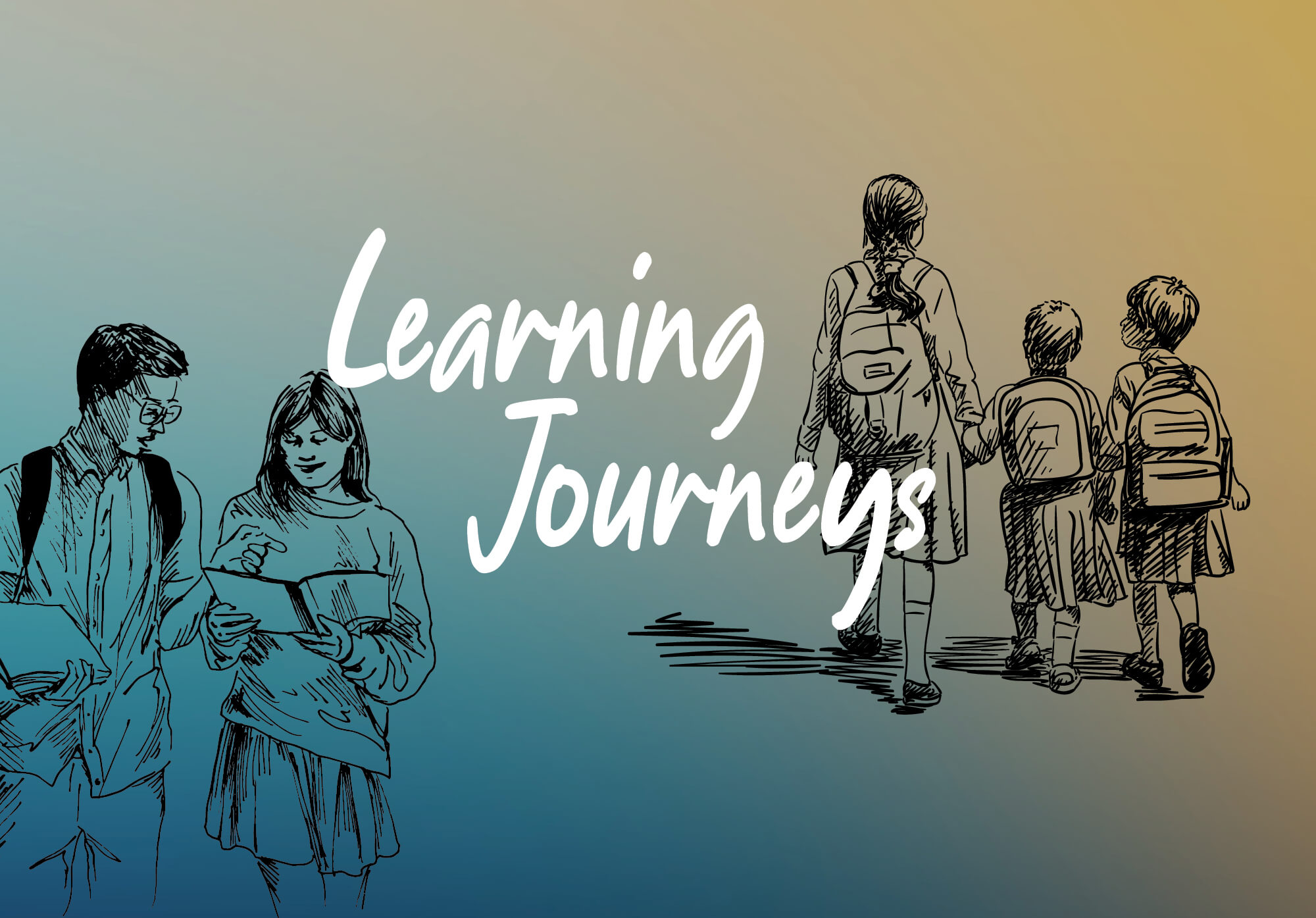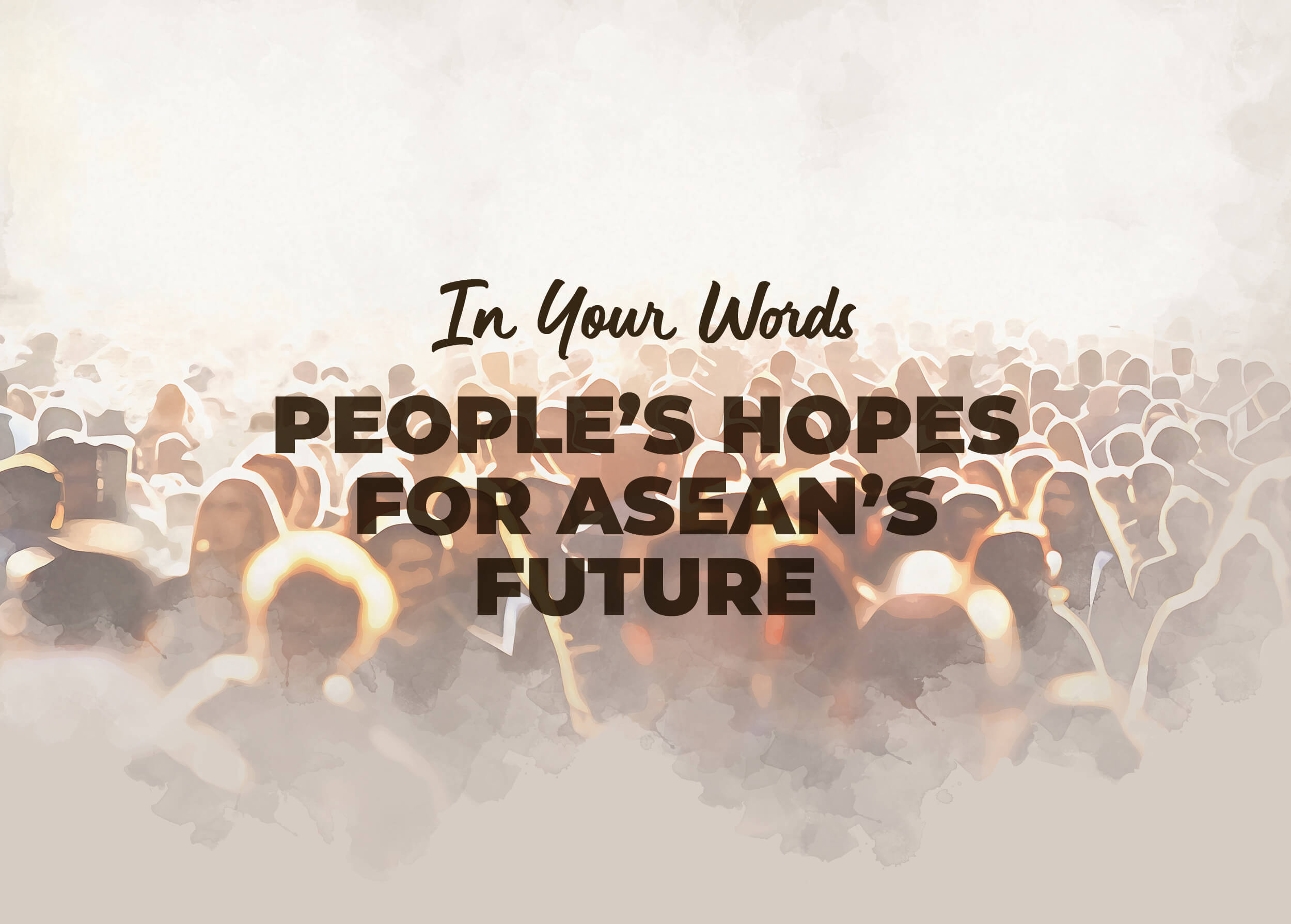



What are the biggest problems ASEAN is facing today?
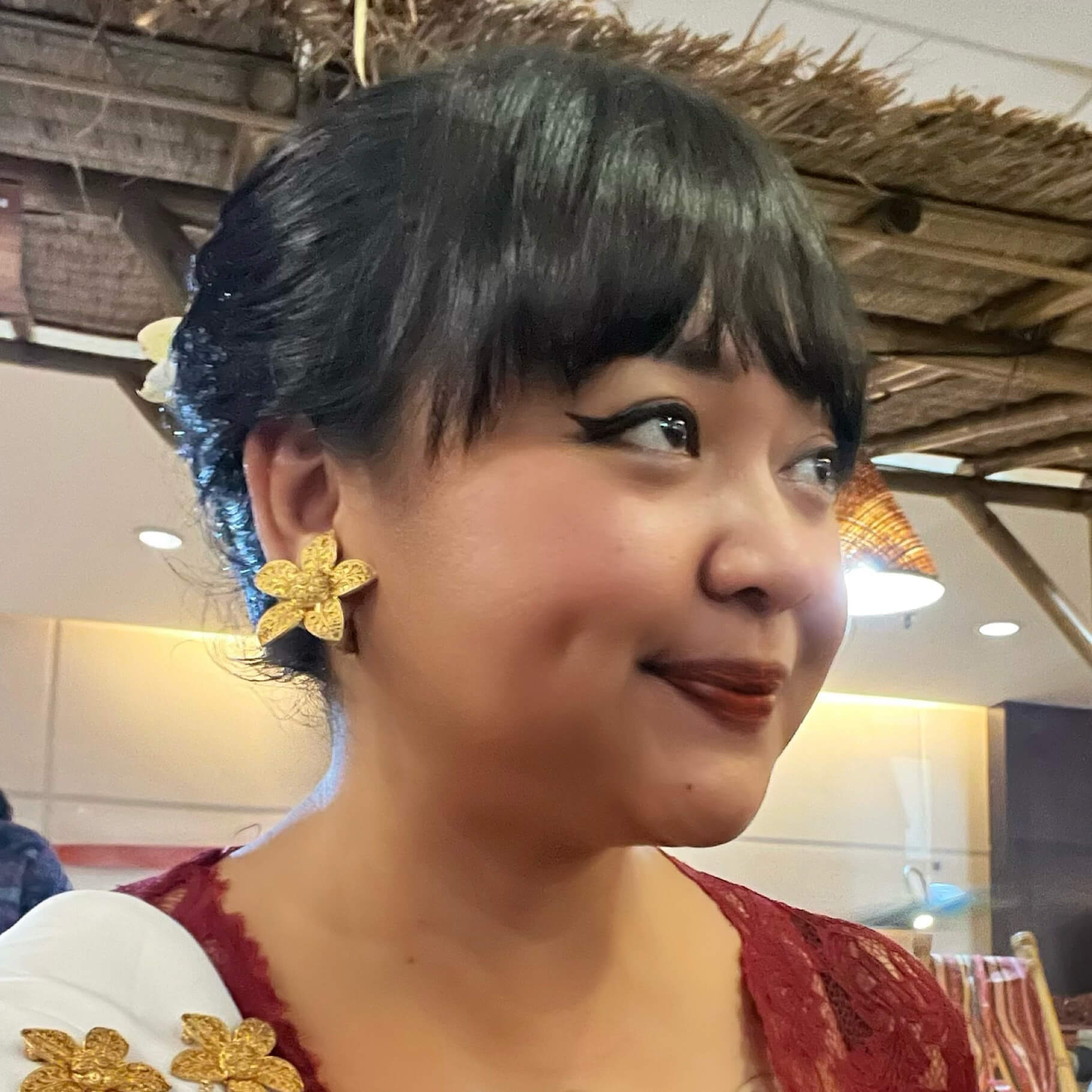
Deforestation in areas where there are indigenous peoples is a critical issue. Many forests are burnt to meet the demand for palm oil. This process pushes out indigenous peoples from their natural habitat, even though they play a vital role in ecological sustainability, through their customary law policies. If we want ecological security, we must protect the indigenous peoples. This means preserving the forests they live in and not sacrificing them for palm oil.

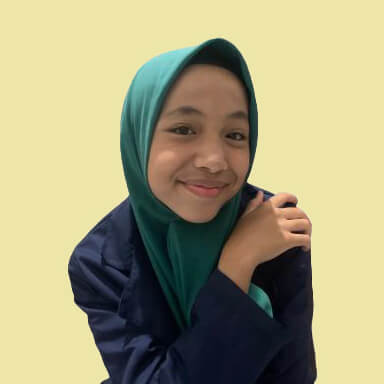
The recent increase in criminal activity is a cause for concern. Society is constantly faced with crimes like persecution, murder, theft, immorality, drugs, robbery, pickpocketing, gun violence, physical violence, fraud, corruption, etc. People are worried and vigilant. Rampant crime is the secondary effect of various social problems in society. Globalisation has also resulted in transnational crimes or lawlessness across borders. Transnational crime is considered a serious threat to global security.
In my opinion, one of the most crucial problems facing ASEAN countries is low economic growth and high poverty rate. Other challenges include the high dropout rates among students, inadequate educational facilities and infrastructure, and slow progress in science and technology compared to other European countries.
What concerns you about the future?
My primary concern lies in how I can keep my skills relevant and competitive for the future, considering the rapid development of technology and the increasing integration of AI in the workplace. Recognising the need to fortify my existing skills and acquire new ones is essential to ensure my sustainability in the evolving job market.

Political involvement and environmental deterioration are two major issues that concern me. Although increasing youth involvement in current political issues is beneficial, adolescent underrepresentation in decision-making processes is still a challenge. Young people should be given more opportunities to speak up and participate in political processes.
Additionally, the Southeast Asian region is among those most at risk from the disastrous effects of environmental deterioration and climate change. I believe that this will have a significant negative impact on both the economy and people, with the poorest households being hit hardest now and even more in the future.
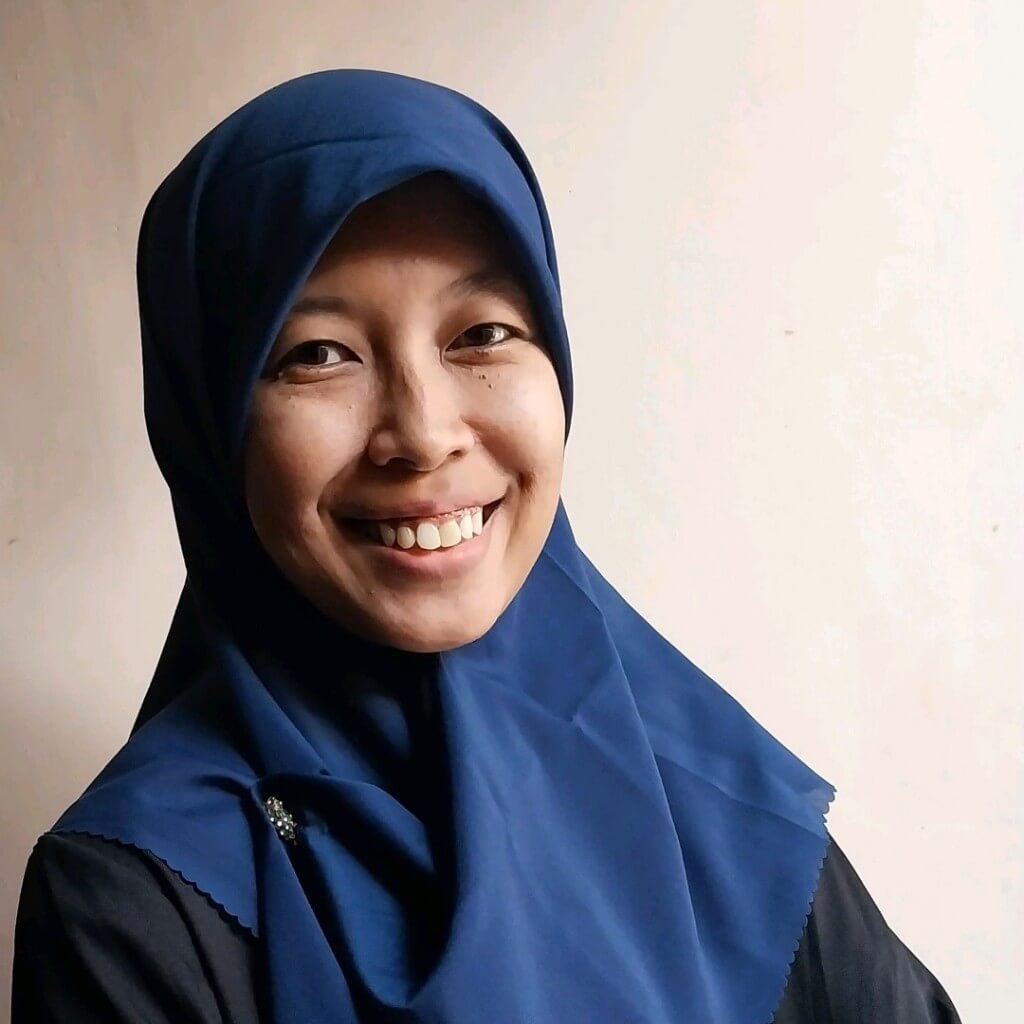
My concerns about the future are: how do we make sustainable development a common concern? How do we make all people aware of this?

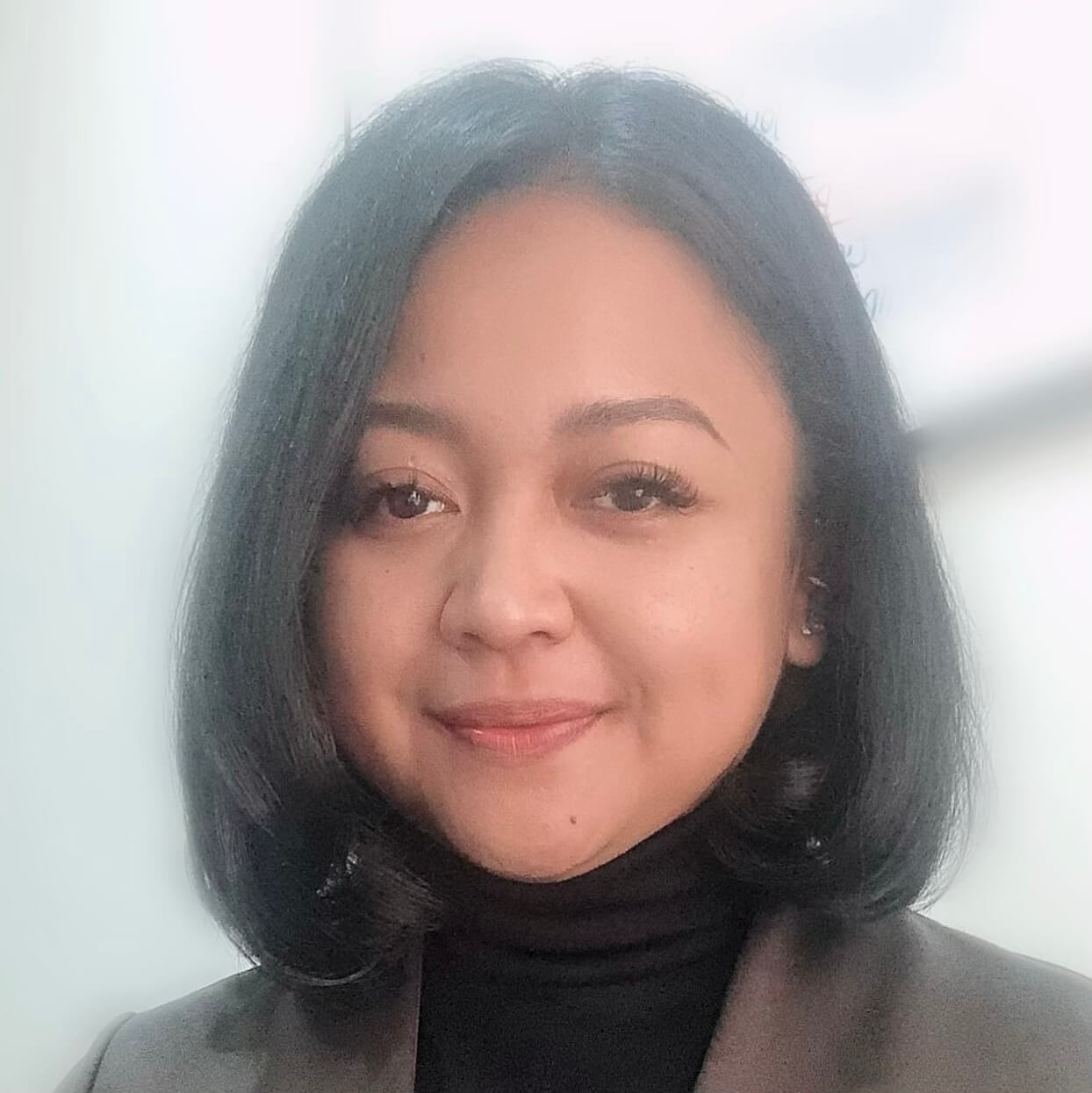
Education and healthcare access are two things that really concern me and others. This is because education is the basic capital that humans need to survive in life. For example, those who have higher education combined with proper experience usually receive better work opportunities to improve their financial condition. Meanwhile, healthcare access is important because in my experience, there are difficulties accessing proper healthcare for those who live in the maritime provinces. For example, not all islands in a maritime province have a child-and-mother hospital, so some pregnant women have to be brought to another island to get proper care and give birth. This endangers mothers about to give birth.
What do you hope to see in ASEAN in 25 years, and how do you see yourself in it?
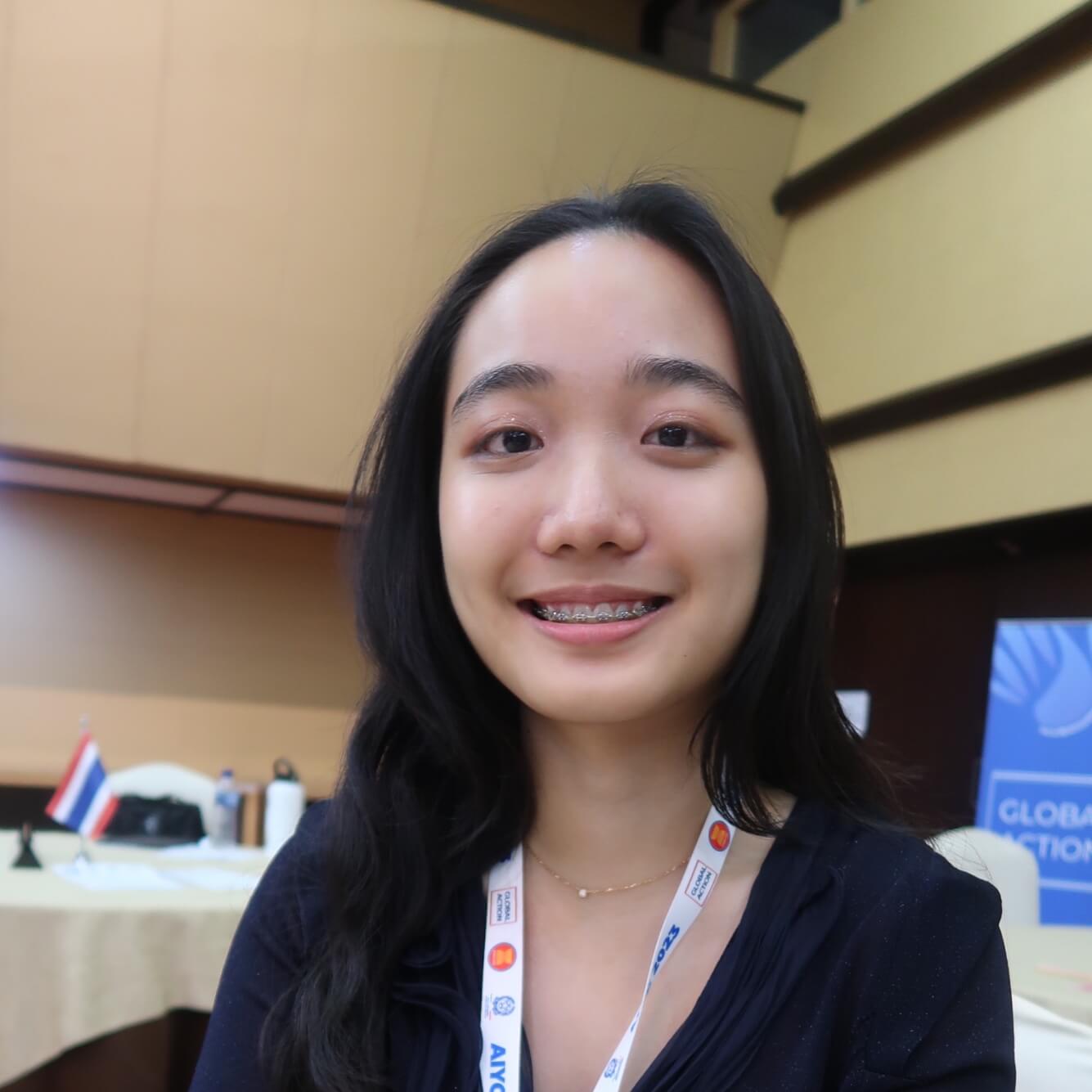
In 25 years, I envision ASEAN to be more youth-oriented. I hope to see more of these (youth) conferences because youth should be empowered to have a voice. I feel that a lot of us are on the ground, so we can see certain things that adults might not notice, allowing us to give invaluable insight and perhaps spark more changes in various areas. I also hope that conferences touch on topics that are more prevalent in the ASEAN countries.
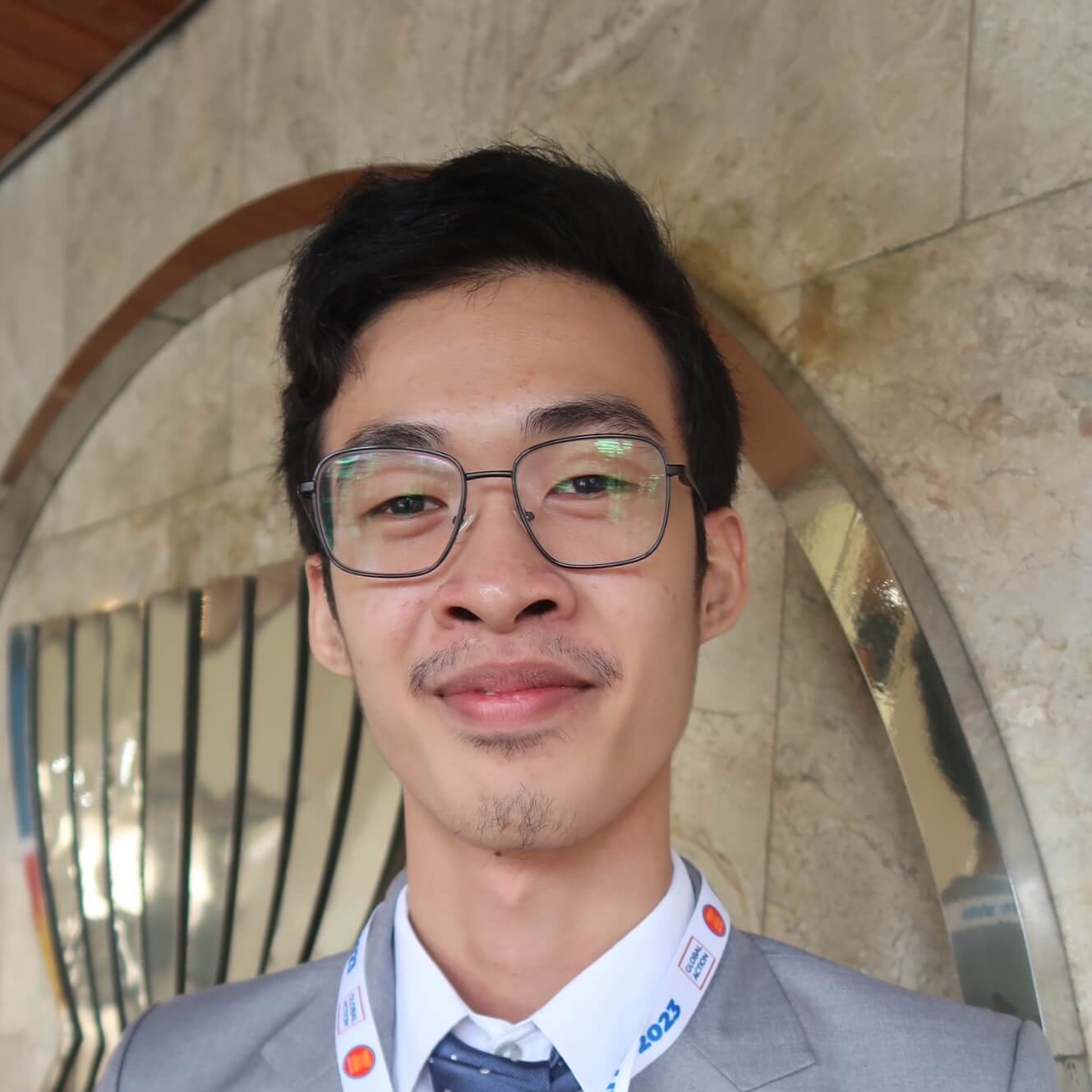
In 25 years, ASEAN countries should already have a scientific community where we collaborate not only for economic and political growth, but to understand and generate knowledge, all universal knowledge. I come from a very scientific background, so I hope by that time, we would have established a scientific community that allows scientists in different countries to collaborate on different projects, solve problems, and discover more about the universe. By that time, education in ASEAN is hopefully even better, where we will not only be memorising but also understanding concepts, using the knowledge, and applying them to solve real-world problems.
In 25 years, I envision myself becoming a physicist. I would be a researcher in astrophysics, particle physics. I want to participate in research on particle interaction and develop new technology, such as renewable energy. For astrophysics, I want to expand our understanding of the universe. In my country, most people don’t really focus on the scientific fields yet because they think that there is no job market in our region. I would like to be a pioneer, and see others pursue any field they want and become trailblazers themselves.
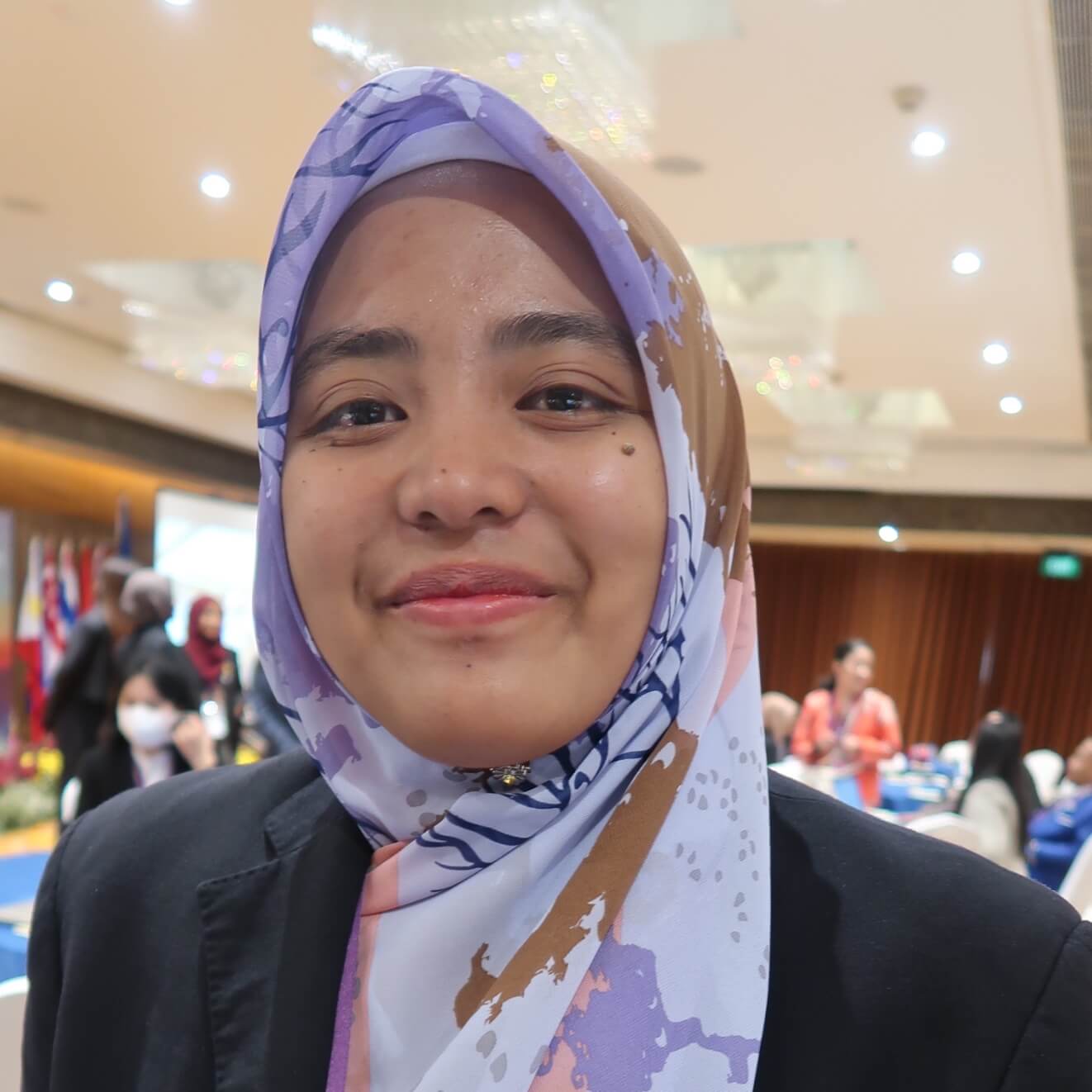
I hope that ASEAN will become more digitally literate. I hope we can grow together. By joining forces and embracing the talents of the younger generation, we can make a powerful impact on ASEAN.
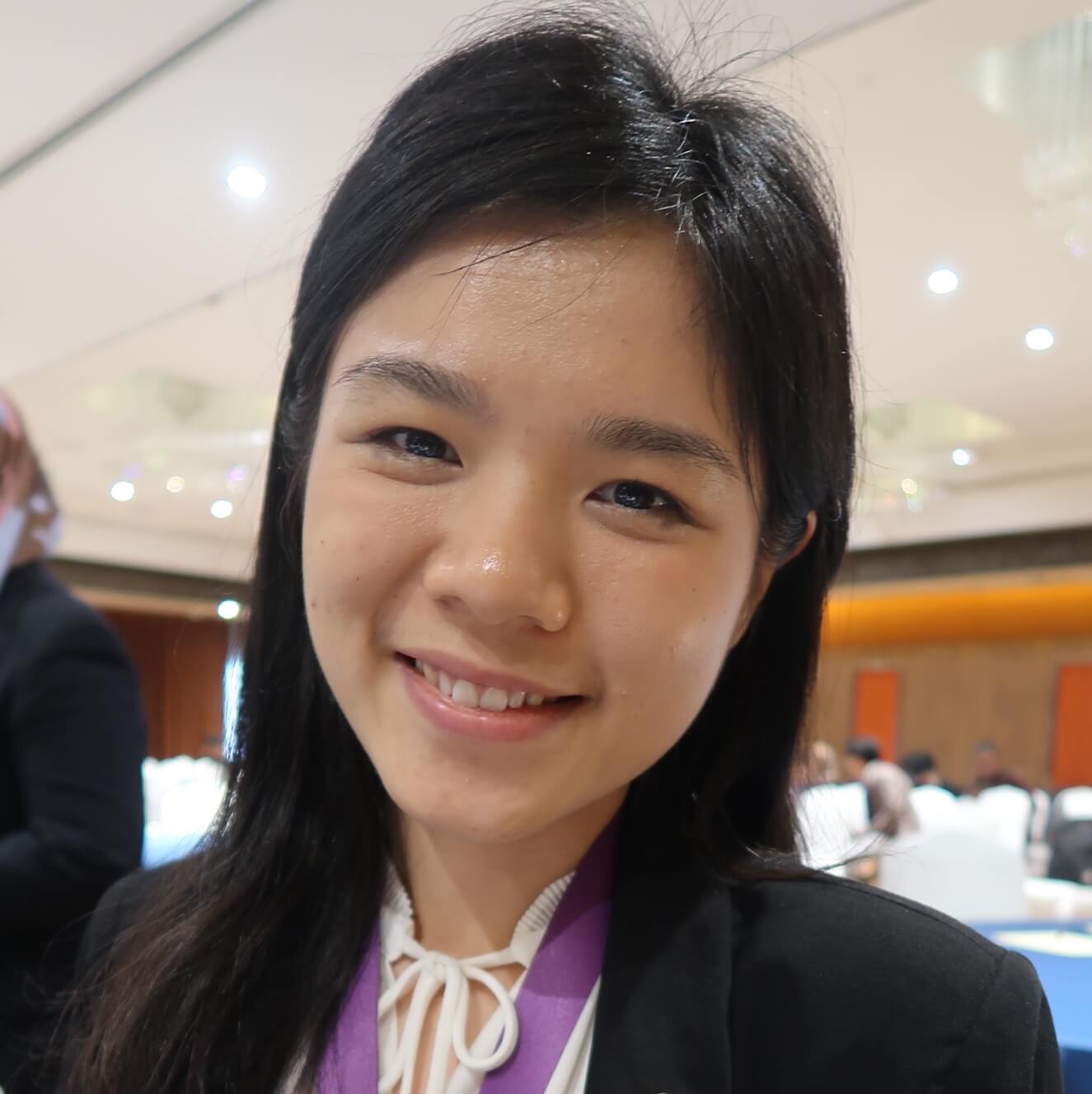
In 25 years, I really hope that ASEAN as an organisation can meet the youth’s needs, especially in helping them discover themselves, become leaders who contribute to ASEAN and their own communities. I have a really huge hope that ASEAN will be a strong community not only for the youth in the region, but also for the youth in the world.
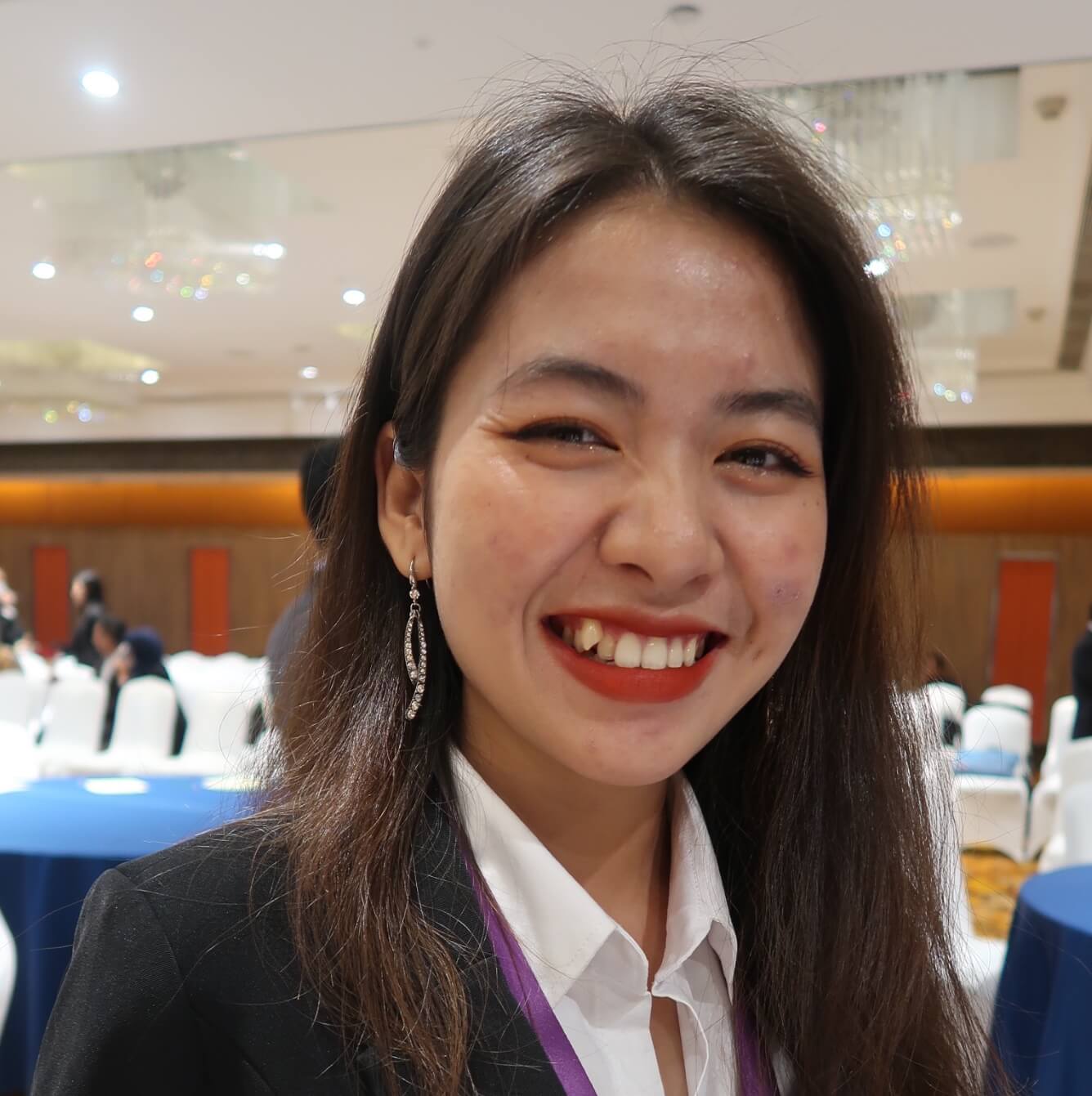
I hope that our region will grow together at the same level because the gap now between the countries in terms of economy and digitalisation is so wide. I hope in the next 25 years, we can lessen this gap. Also, I hope to see a more inclusive, future-forward ASEAN.
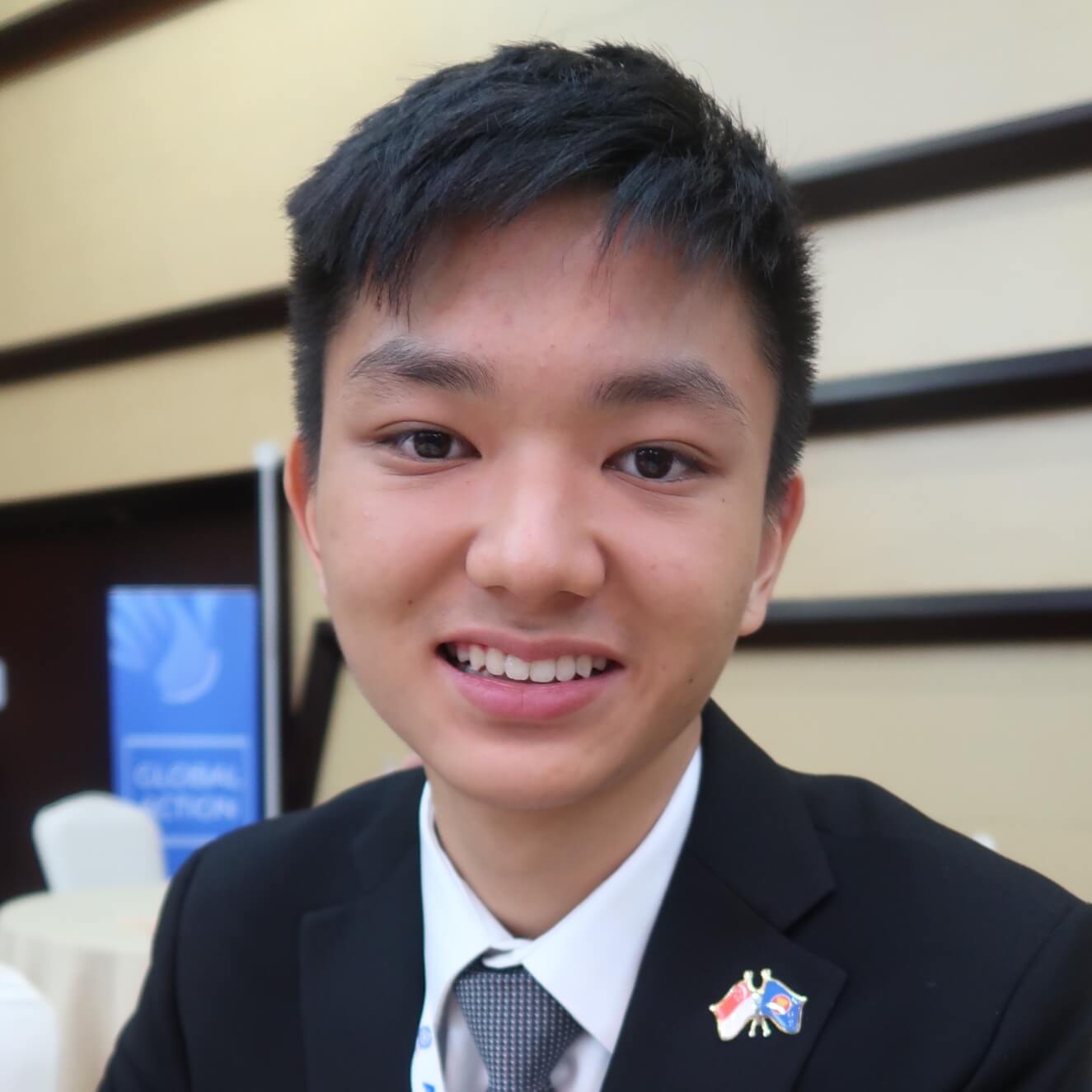
In 25 years, I hope ASEAN will have become a lot more collaborative. Our region has a history of problems that our young people did not create but have to control, such as corruption and other governance problems. So I hope that the youth will rise up and take action, because we are the ones who will eventually face them.
And I hope the youth can be given more opportunities to stand for their rights and beliefs, and to make changes in their own countries. But I think that they need more than (attending) conferences. They need leadership and guidance from their own countries. Conferences can only reach so many people, and when the youth go back home, they will only be able to share their experiences with a small group of friends. That is why change may take such a long time.
I think each country has its own context and economic challenges, and they all need help. As ASEAN, we have to encourage the youth to identify and address the problems in their communities. ASEAN should empower the youth to help their own communities and bring change at the national level.
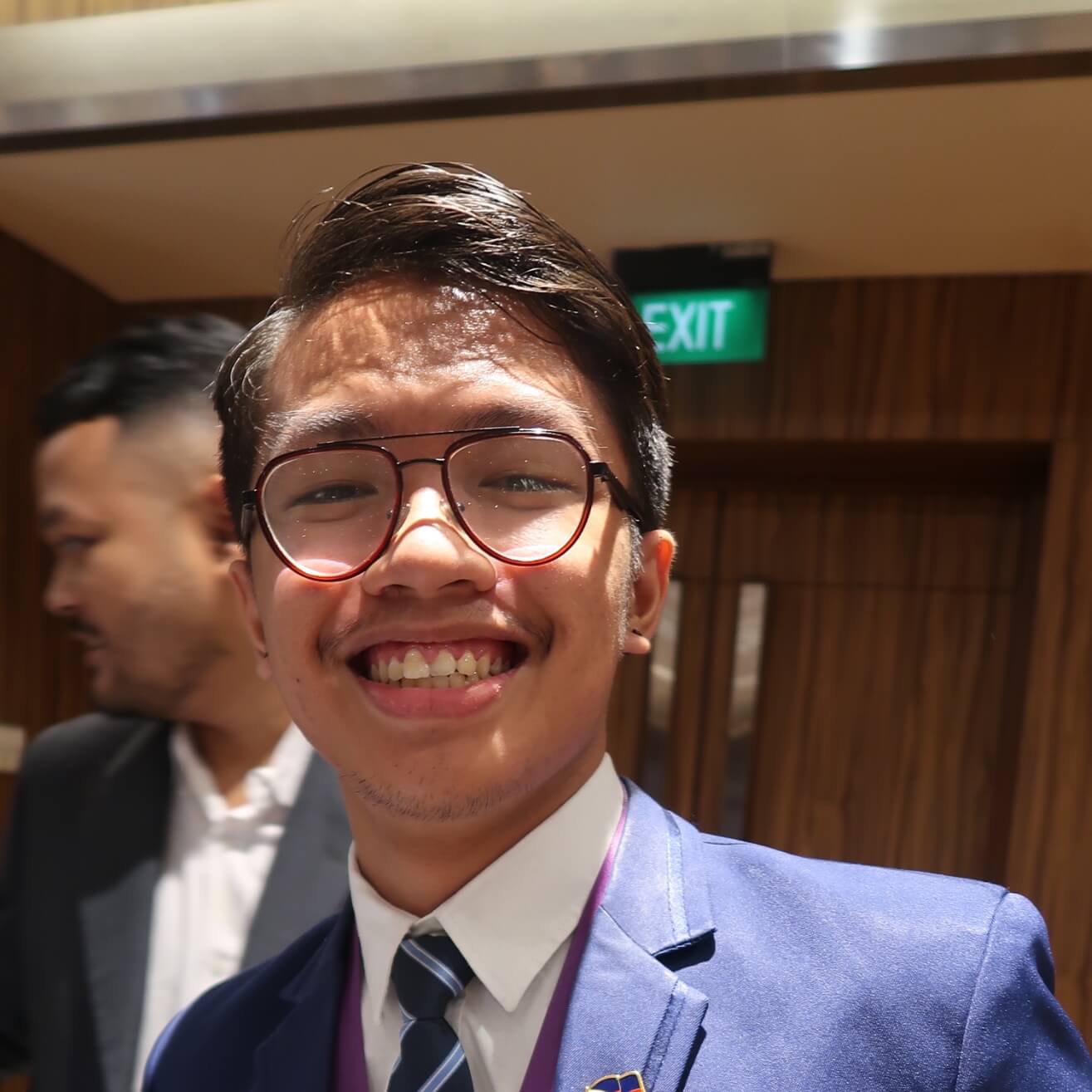
I sincerely hope that more youth leaders will participate in democratic government. I firmly believe that the future of ASEAN’s leadership greatly depends on us, the younger generation. I hope the ASEAN community will be more progressive and more inclusive. We need to be a region that focuses on the underprivileged and marginalised and eliminates gaps and inequalities in each country.
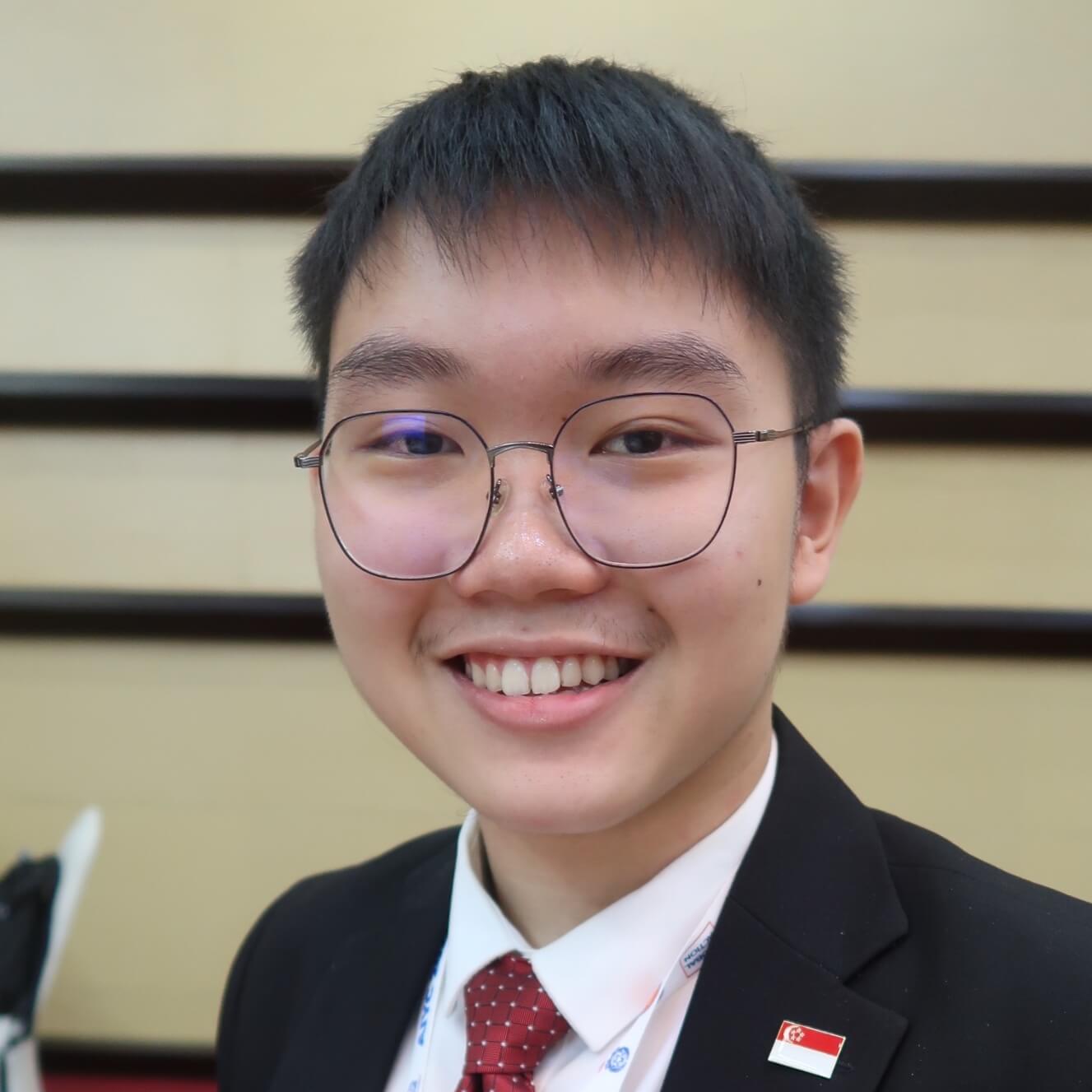
With more youth becoming part of our government and making the changes around the region, I believe that ASEAN will become a more united entity. At this (youth) conference, we can see that youth in each country are very passionate about the things that they believe in, and they are willing to step out of their comfort zones, to come to these things and voice out their opinions and work together. With that passion, I believe that we can form much better relationships with one another, rather than just stick with our own communities. We are helping each other to grow as an entity as a whole. Based on that, I think ASEAN will become much more united than it is today, and I think a unified region is important with the challenges coming in the next 25 years, which will be very different and a lot more complex. I believe that the spirit (of speaking out and cooperating) is what we should continue to uphold in order to thrive and survive, not only in the next 25 years but also in the decades beyond.
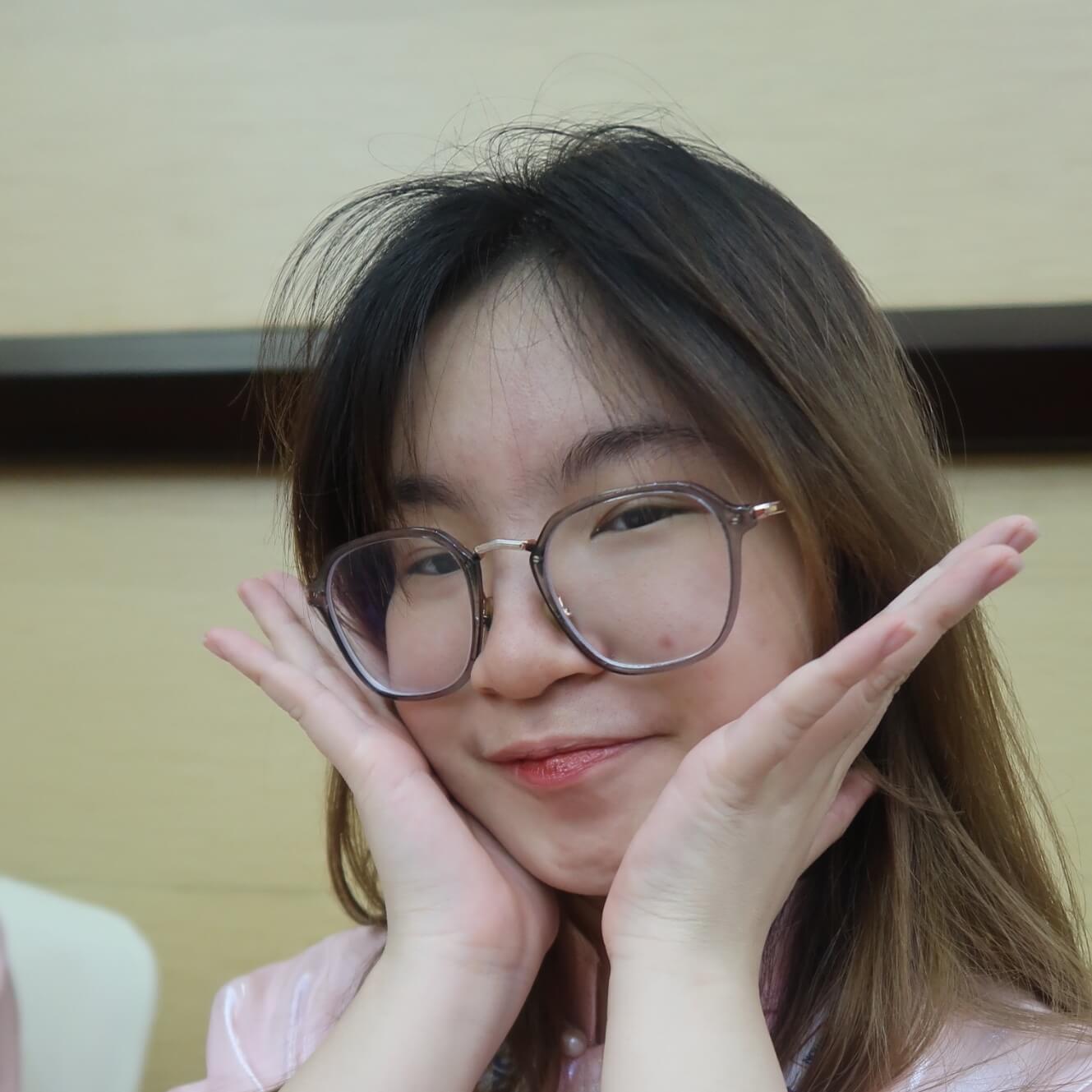
I think that ASEAN has a lot of room to grow, to improve relations between countries and within each country. Our geographical location and common cultural background make it a lot easier for us to collaborate. I’m hoping that in 25 years, ASEAN will develop into a powerful association of nations that, like the EU, supports one another as it expands. An example of collaboration would be an ID card with a chip inside approved and recognised by all Member States so that we can easily travel within ASEAN countries; another would be SIM cards that change numbers automatically when you visit another country.
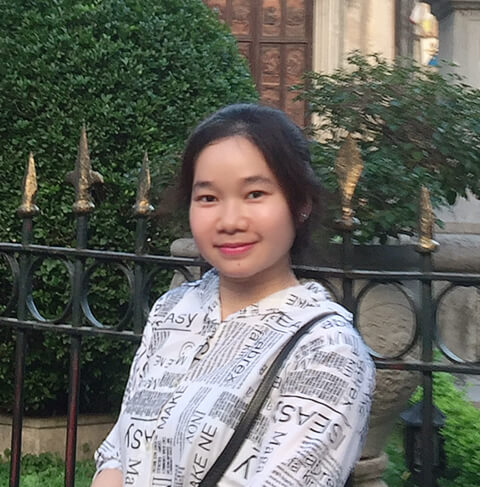
I am also thinking about this all the time, as I am now living in Jakarta. It is really convenient to move around the city with the MRT (Mass Rapid Transit) and other public transportation. In Lao PDR, we also have some, but not a lot. In the future, I hope to see all ASEAN countries have the same level of transportation. It will also support the tourism sector in my country. In every country as well, if we have that infrastructure, it will be easier for everyone.
For social-cultural issues, social welfare and inequality among ASEAN countries will have been improved, and cultural diversity among ASEAN countries will have been promoted by that time, including arts, literature, performances, and the preservation of cultural heritage and historical sites. At that time, ASEAN will have its own cultural heritage list (like UNESCO). All ASEAN citizens are aware of cultural, intercultural, and environmental issues in ASEAN.
Twenty-five years from now, I will be more than 50 years old already. So, I think I will be retired. I will be supporting the younger officers who plan to work in my current field right now.
In my point of view, the ASEAN community is now at the forefront of disaster management and emergency response knowledge. As a result, ASEAN is positioned to be a global leader in disaster education by 2025, to ensure the skills transfer and the training for the next generation of disaster management and emergency response specialists. Therefore, I hope that ASEAN could establish a network of ASEAN centres for training and leadership in disasters within Southeast Asia that will enable the region to serve as a role model in disaster management and emergency response globally within the next 25 years. The ASEAN Agreement on Disaster Management and Emergency Response (AADMER) is the policy backbone for the ASEAN Member States to enhance their collective efforts in reducing disaster risks and responding to disasters in the region. I hope that each cycle of AADMER will be more inclusive and have more cross-sectoral collaboration.
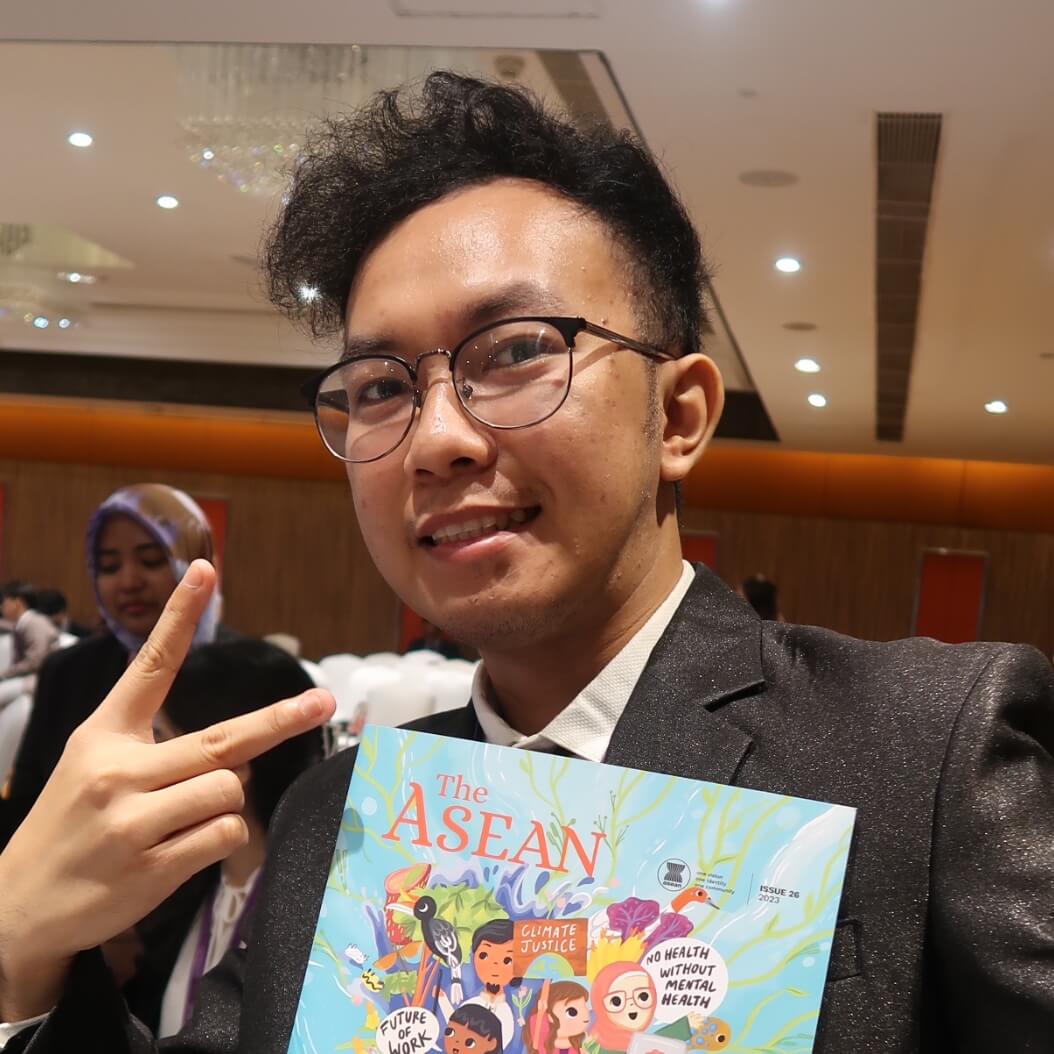
In 25 years, I hope the youth can collaborate together, so we can expand our contribution and bring our ideas to the international stage.
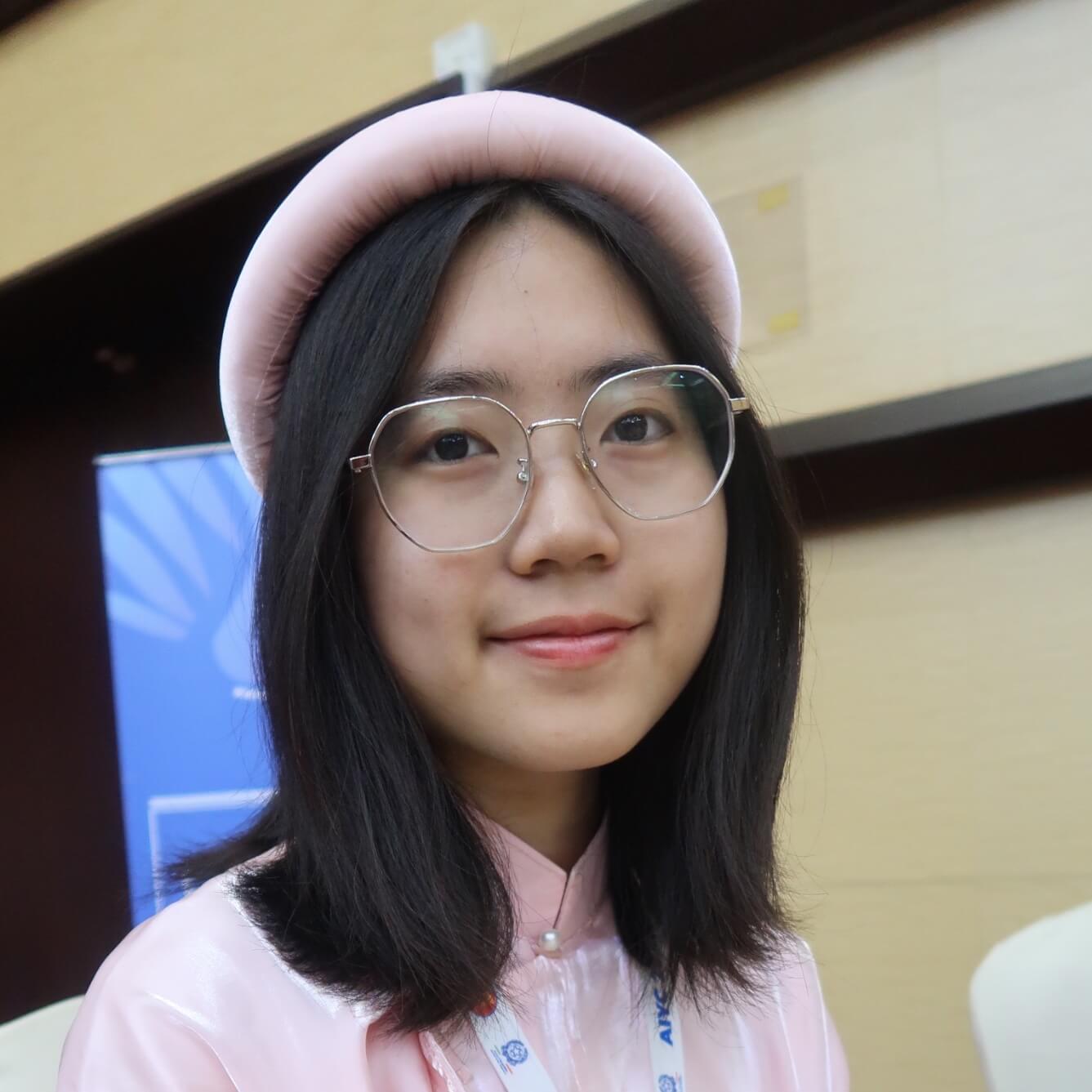
I think in 25 years, most countries in ASEAN will have already adapted the Smart City concept. I hope that many urban places in ASEAN can also adopt agroforestry models, and ensure that urban development does not sacrifice the well-being of nature.
In 25 years, I think the ASEAN region will be the biggest investment hub in the world because the ASEAN region has already established the Free Trade Area with ASEAN Plus countries. For my country, in the next 25 years, I hope Myanmar will be more developed. We hope to have more investment inflows in our country.
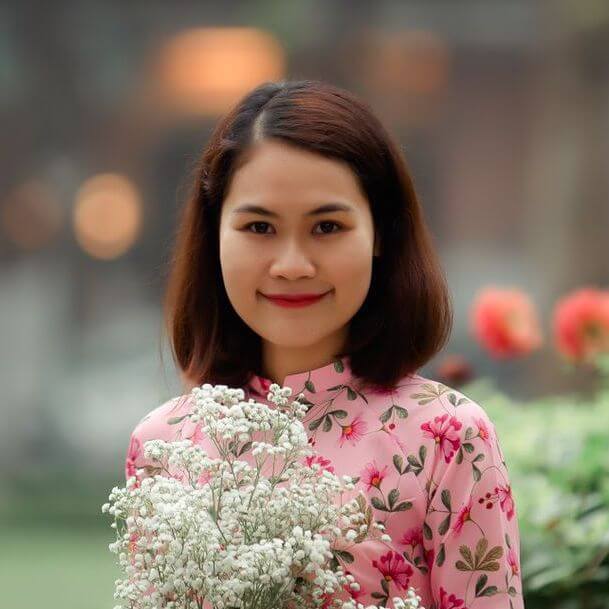
I hope that ASEAN will be the happiest region in the world. I think that ASEAN will have decent work available for everyone in the region. I hope ASEAN will ensure equitable treatment and humane conditions in the labour market.
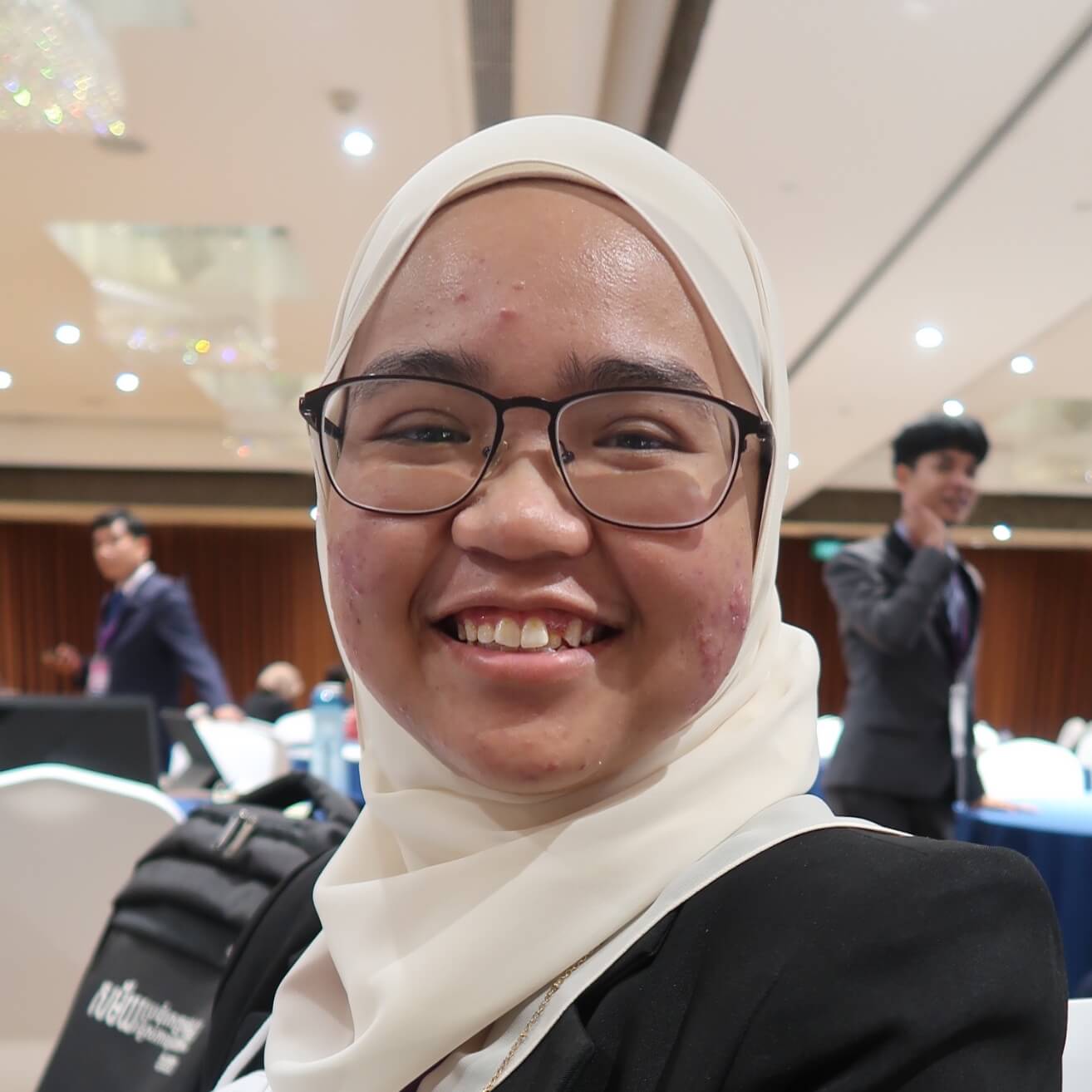
I want ASEAN to be more inclusive as a whole, as a region. It should not just be one country thriving on its own. I want ASEAN to be more sustainable in terms of the environment; to act as the leading region for digitalisation, and the economy; and have synergy as a whole as a region.
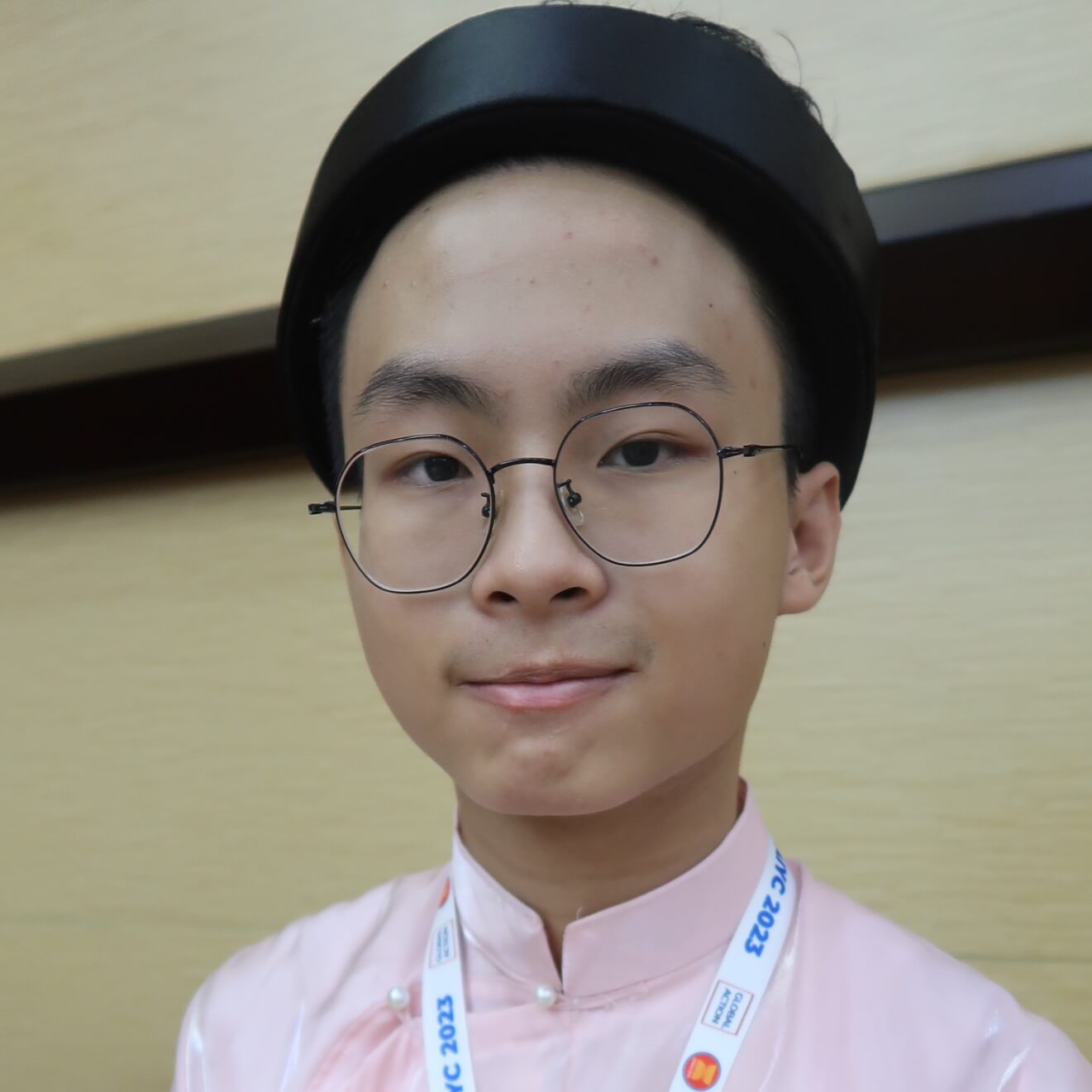
The youth population is set to rise in the future because we live in a challenging region of the world. We will have a huge role in supplying food to other countries. In the future, I also think that ASEAN governments will cooperate more closely to promote sustainable agriculture and technology sharing. I hope that ASEAN countries will form strong bonds with each other and break down all limits. For example, I hope that travel and trade of goods between countries will be easier for the benefit of the market economy.
In 25 years, ASEAN will be an organisation that consists of 11 members, whereby Timor-Leste will be a functional and contributing ASEAN Member State.
I hope that ASEAN will be an integrated community and be able to achieve the objectives outlined in the new ASEAN Community Vision. I wish for ASEAN sectoral bodies under the three pillars of ASEAN to complete their activities and programmes under their respective Plan of Action in each period. I wish for them to focus on tangible, visible, efficient programmes and initiatives that will benefit the region as a whole but also all levels of stakeholders across the board. A cascading impact will require concerted cooperation, collaboration and transparent engagement between ASEAN Member States. Additionally, I envision that each Member State will be able to balance economic success and its capacity to sustainably adapt to global megatrends.
On an external front, ASEAN will need to expand its partnerships and effectively balance its interactions with various dialogue partners, development partners, and sectoral development partners. This can be achieved by adopting a streamlined approach that capitalises on niche expertise and encourages intensified interactions on political, economic, and socio-cultural areas. This approach can make use of existing ASEAN-led mechanisms to maintain and enhance regional peace, stability, and prosperity.
Furthermore, ASEAN should strive to be more self-reliant and minimise dependence on external funding mechanisms for internal efforts, especially in the context of Community building initiatives. Additionally, I look forward to the expansion of the ASEAN Secretariat’s role towards a model akin to the EU/EC but tailored to ASEAN’s unique characteristics.
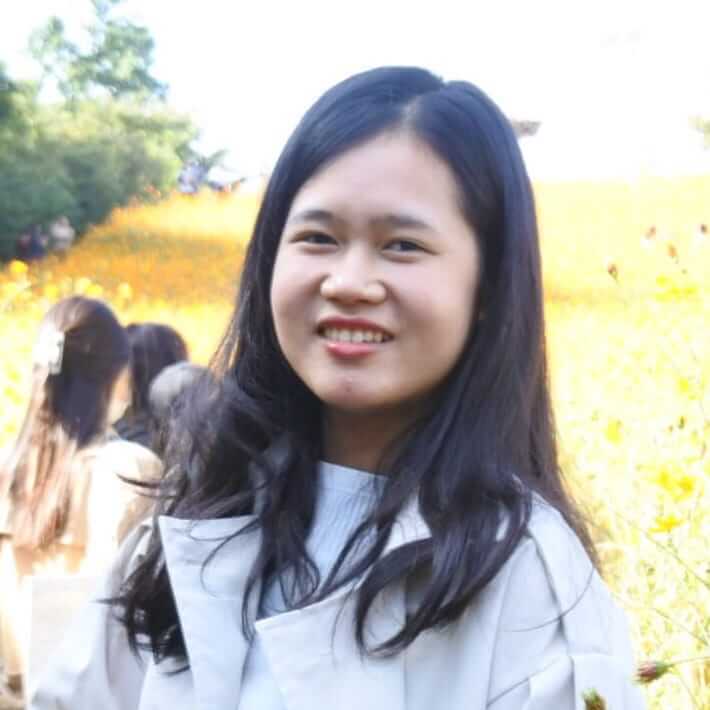
My aspiration for ASEAN in 25 years is to witness a vibrant, integrated, and sustainable regional community. As for my role within this future ASEAN, I see myself as a contributing member of society, actively engaged in promoting the ideals and objectives of ASEAN. Whether through academic pursuits, professional endeavours, or civic participation, I aim to support the regional integration process and contribute to the sustainable development of ASEAN Member States. Additionally, as an advocate for cross-cultural understanding and collaboration, I hope to foster greater unity among ASEAN nations and promote positive interactions between diverse communities.

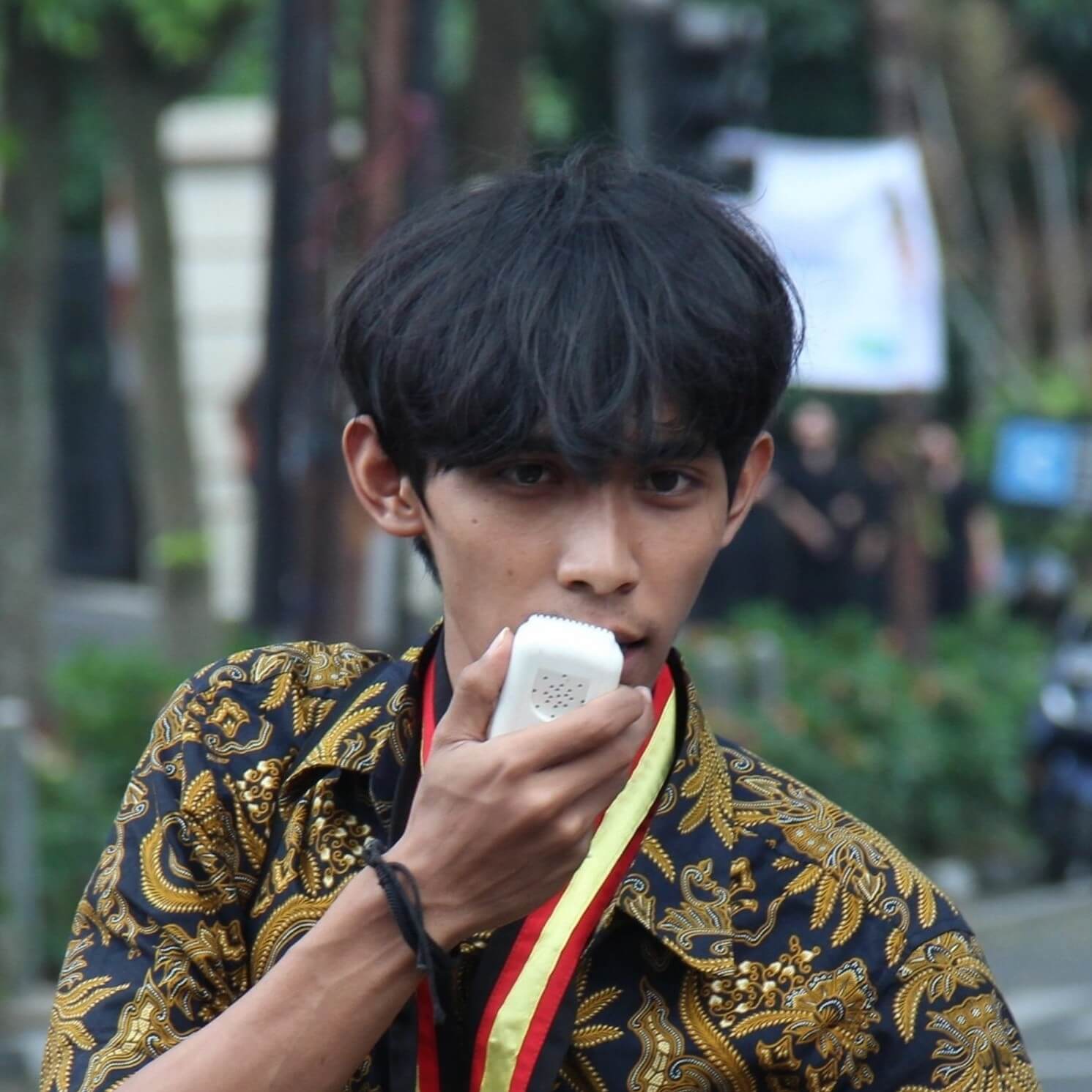
I hope that collaboration will be more intense than before, so that the impact of collaboration is not only symbolic, but is more meaningful, substantive, and valuable. The more value that we can bring, the more solidarity for creating a great ASEAN.
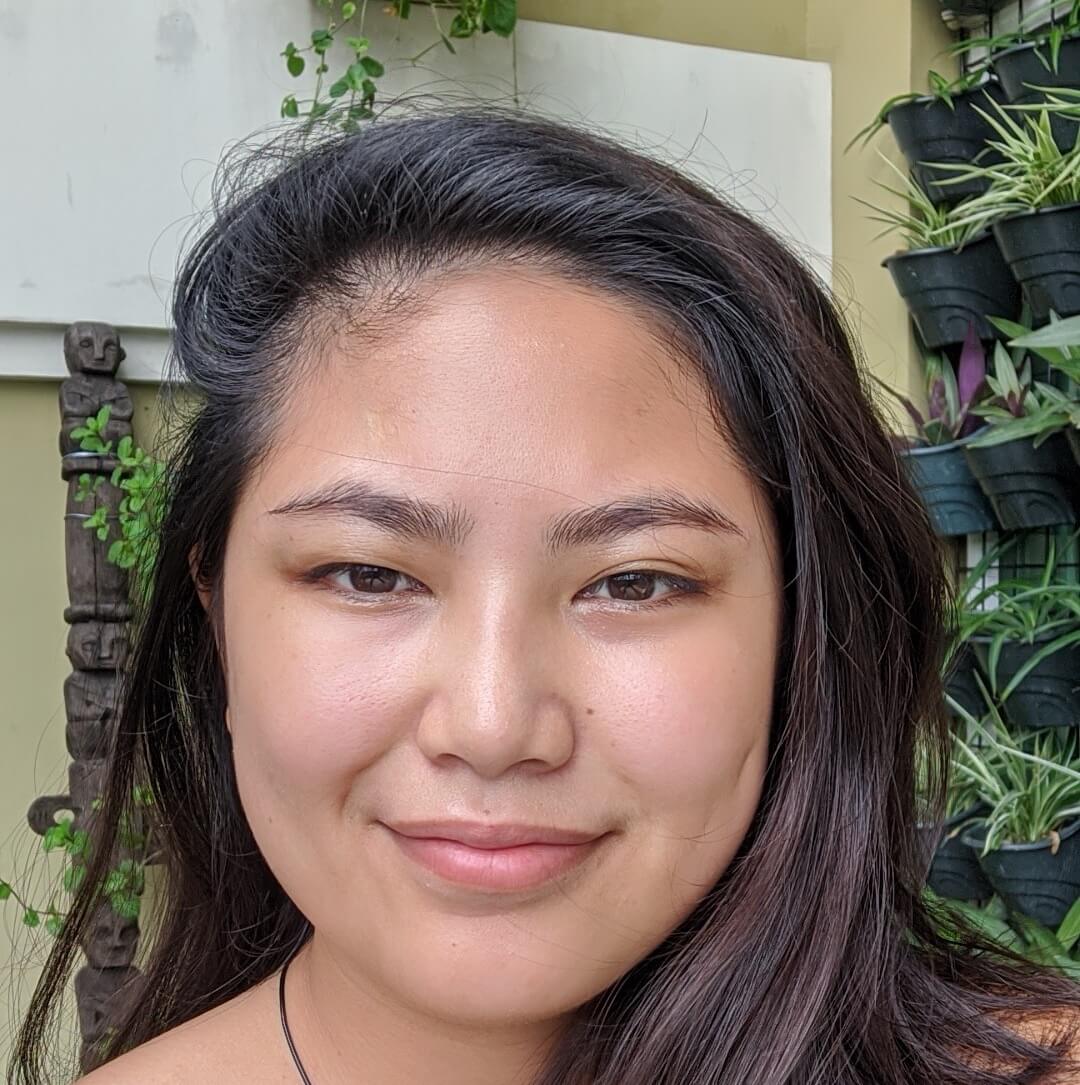
Hoping for more cross-cultural exchanges, formation of strong personal and professional relationships, and strengthening our regional bonds. I want to immerse myself in our shared history and apply this knowledge to my creative work in jewellery and design.

I’m envisioning a dynamic and inclusive ASEAN community, dedicated to accelerating the socio-economic and political development of its people. This is possible if citizens like me are engaged in advancing the rights of the underrepresented. In every school, workplace, and community, we must recognise that we have every opportunity to drive action towards this vision.
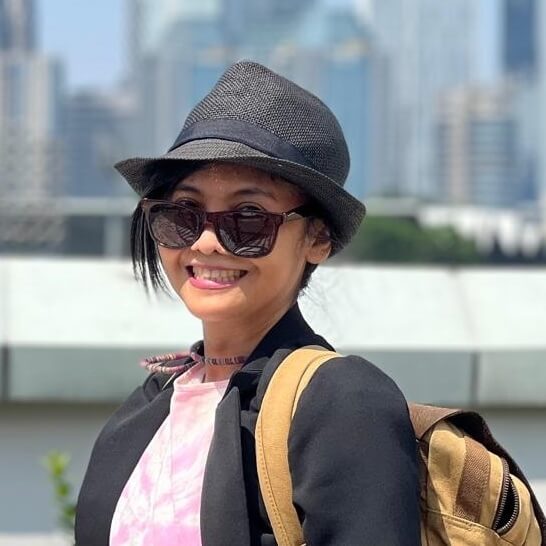
Solidarity and collaboration in achieving SDGs, that will, in turn, inspire worldwide collaboration because it’s one planet, one destiny.
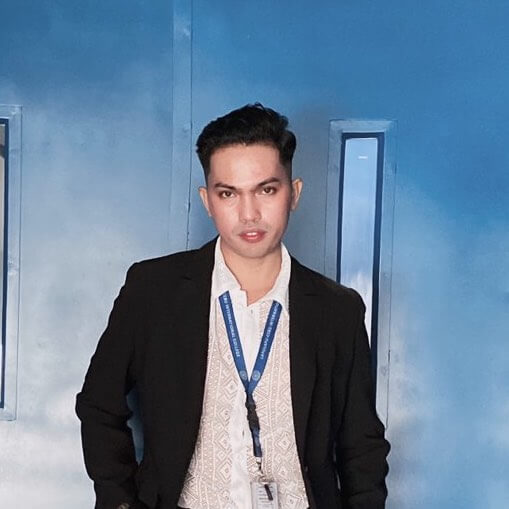
I hope that the stakeholders and decision-makers in our society will be more focused on achieving a sustainable and better future for everybody. Maybe in 25 years, I’ll be one of those who have a hand in battling environmental, social, and economic issues.

As a student, of course, I hope that in 25 years, ASEAN will be more stable economically and security-wise. And in 25 years, I see myself as already successful in my job and someone ASEAN can be proud of because of my achievements.
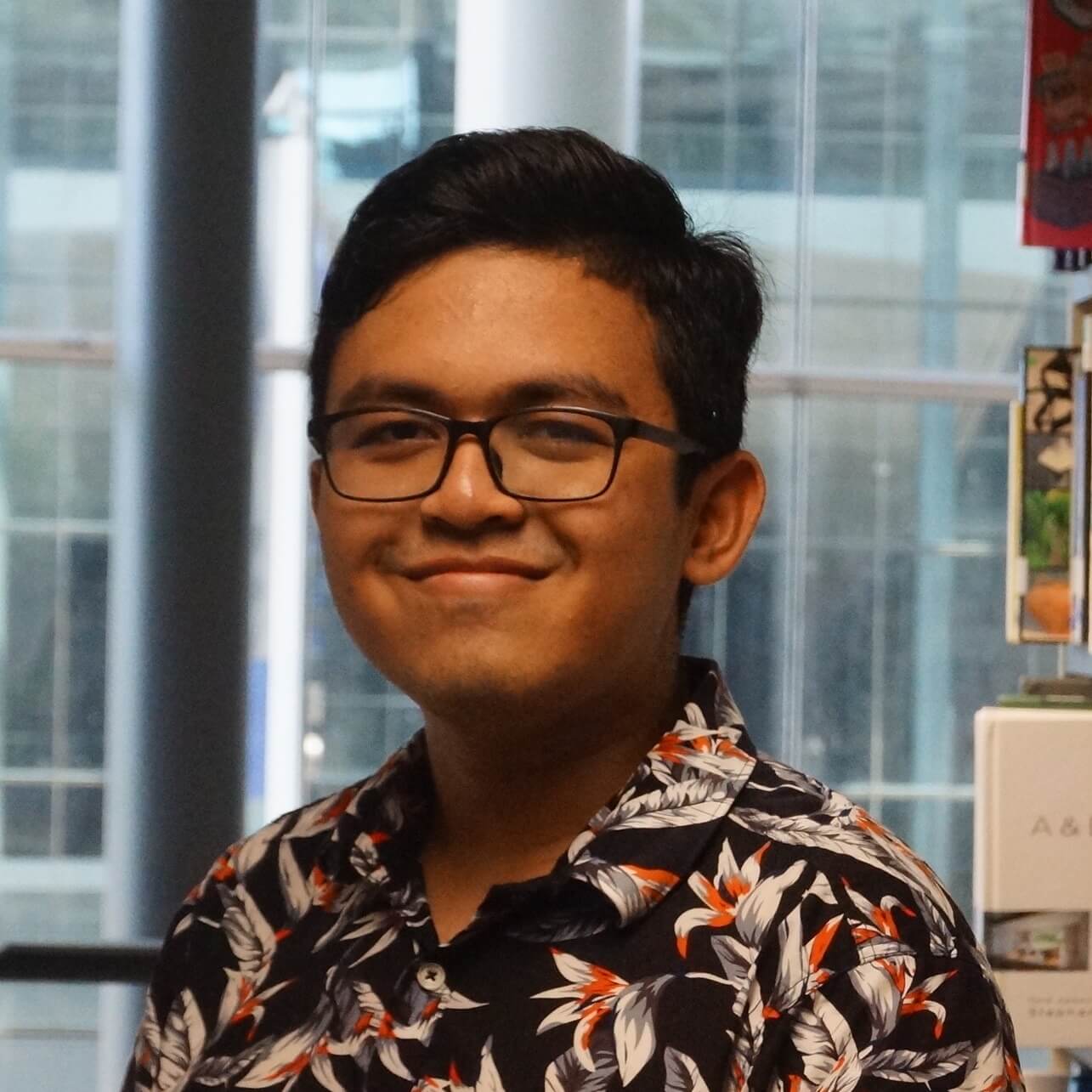
After 25 years of development for ASEAN countries, I hope to see ASEAN become closer together and able to reach its goals for the betterment of Southeast Asia. The ASEAN population will hopefully create a harmonious world for all while building long-lasting relationships with their surroundings. In the end, I hope to see myself making contributions, supporting ASEAN’s goals, and helping to build a positive image for Southeast Asians.
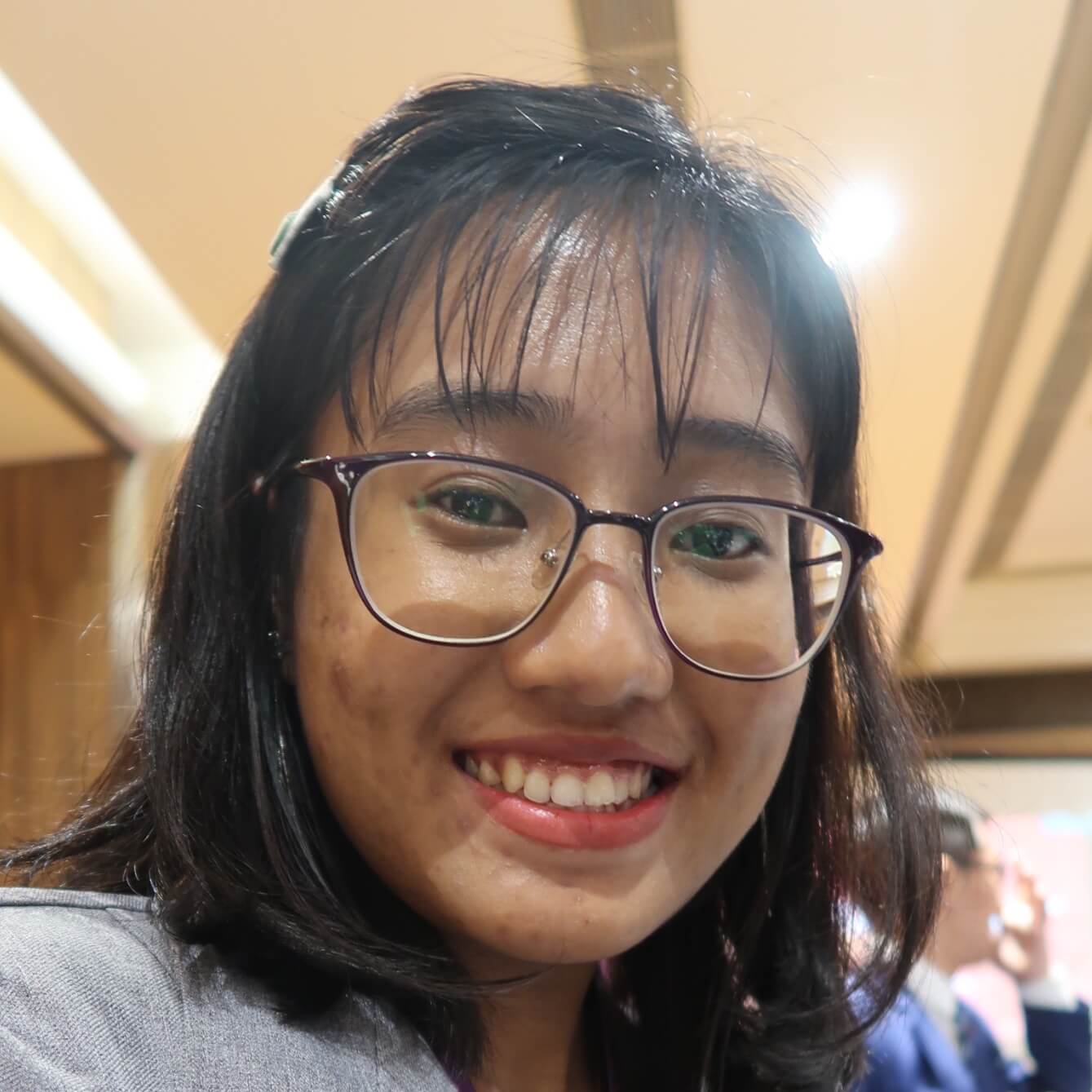
I think ASEAN will embrace society 5.0. In 25 years, Southeast Asian nations are primed to become more collaborative, and effective in both political and security fronts, matching their economic success.
The views and opinions expressed belong solely to the respondents and do not reflect the official policy or position of ASEAN.




